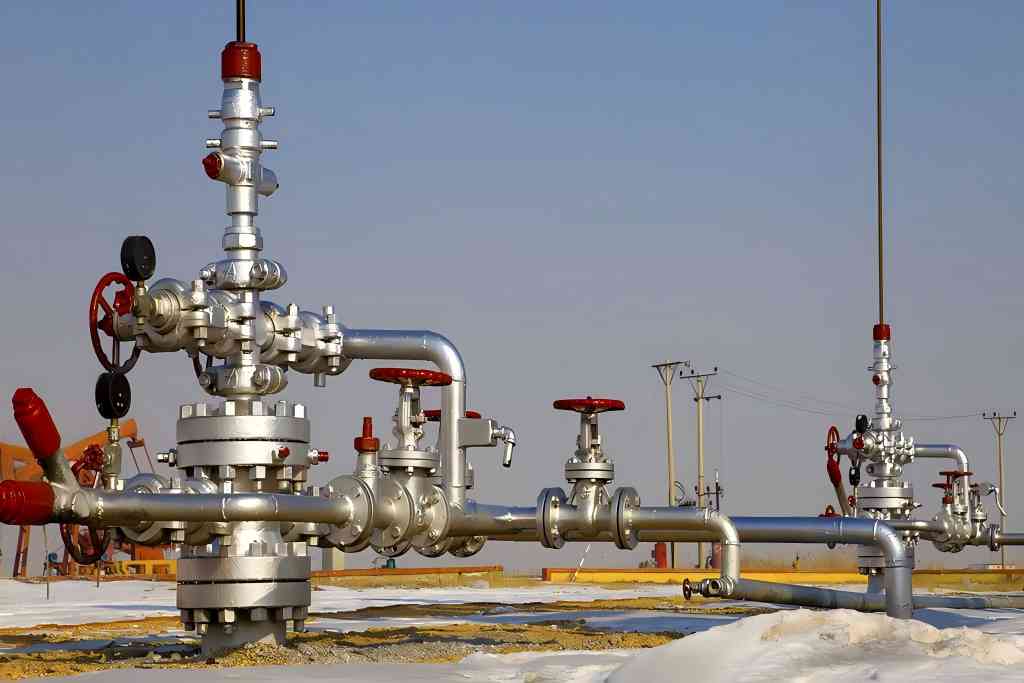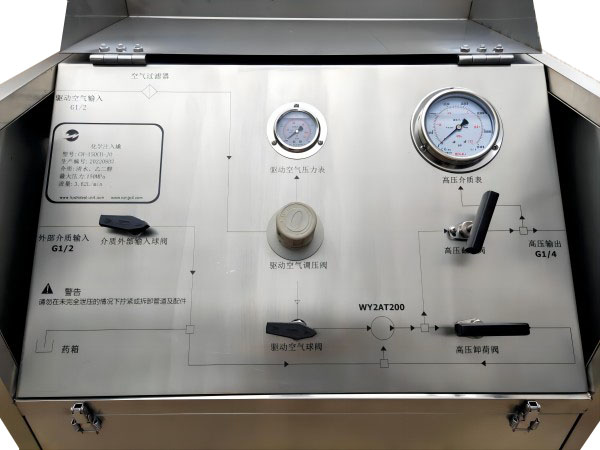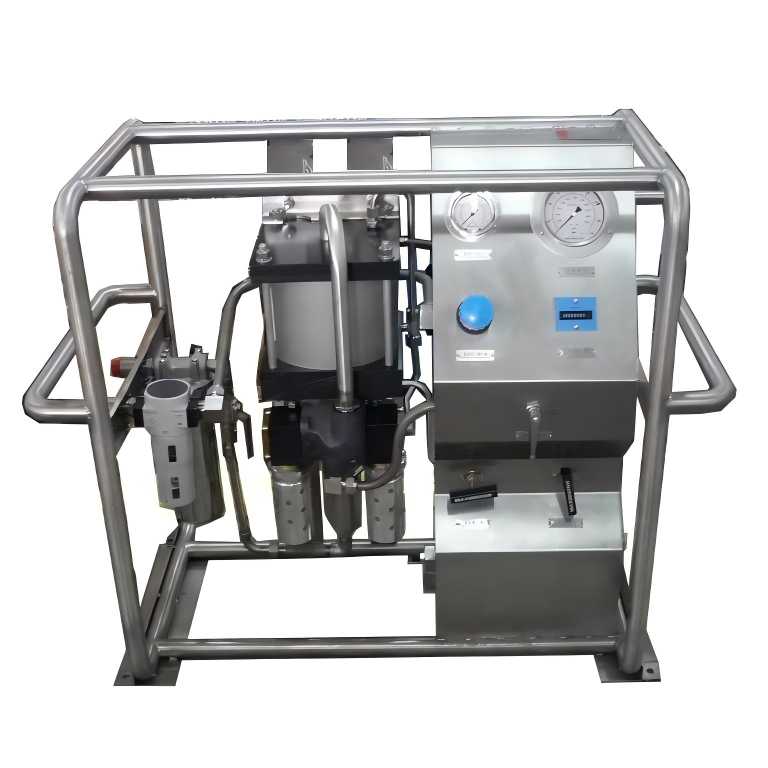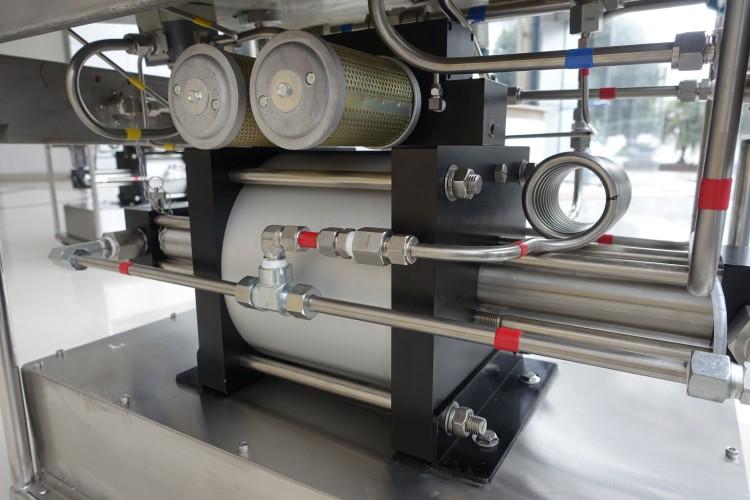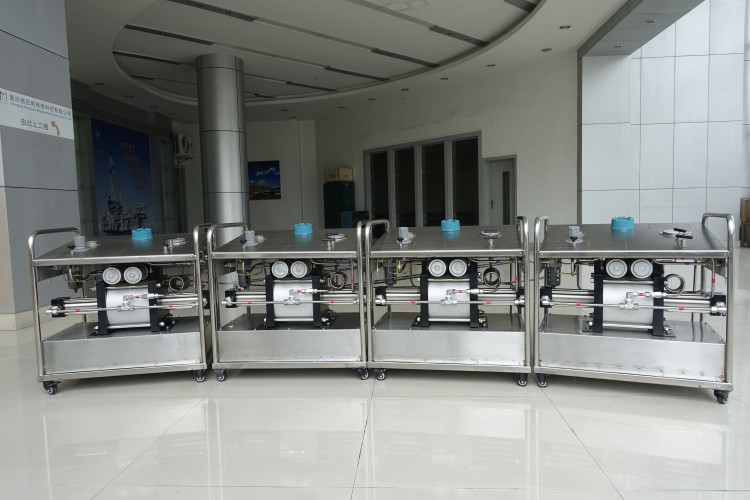A Guide to Select Chemical Injection Pumps for Oil and Gas
In the oil and gas industry, chemical injection pumps play a critical role in ensuring efficient and safe production processes. These pumps are used to inject various chemicals, such as corrosion inhibitors, scale inhibitors, and hydrate suppressants, into wells or pipelines to optimize production, protect equipment, and prevent operational issues. Selecting the right chemical injection equipment is essential for maintaining productivity, safety, and cost-effectiveness. This article provides a detailed guide on the key parameters and performance factors to consider when choosing high-pressure chemical injection pumps for oil and gas applications.
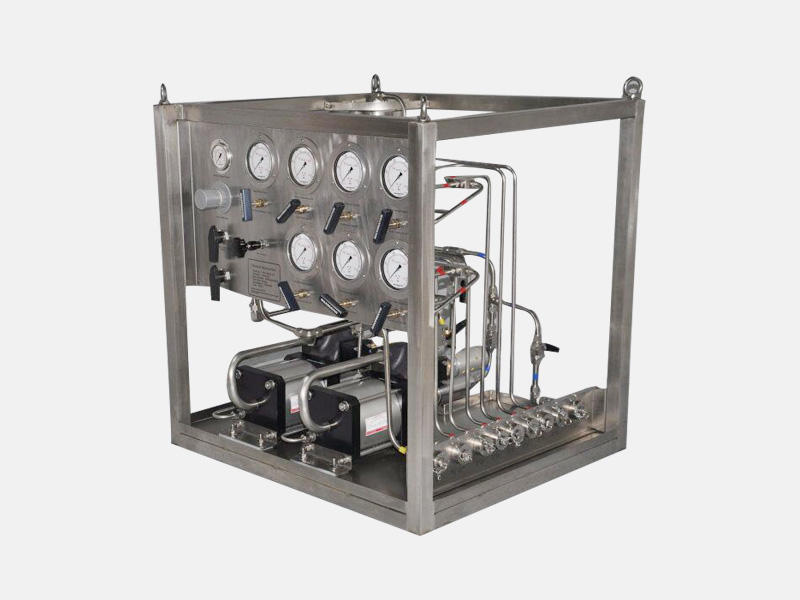
Core Performance Parameters of Chemical Injection Pumps that Should Be Considered
1. Flow Rate and Pressure
Flow rate and pressure are fundamental parameters that determine the suitability of a chemical injection pump for specific applications.
- Flow Rate Range: The flow rate of a chemical injection pump must align with the operational requirements, including maximum, minimum, and average flow rates. For instance, water flooding in oilfields may require high flow rates, while injecting corrosion inhibitors may need lower rates. It is crucial to select a pump that can handle the required flow range.
- Pressure Rating: High-pressure chemical injection pumps must match the pressure conditions of the pipeline or well. Insufficient pressure can lead to ineffective chemical delivery, while excessive pressure may damage equipment. Therefore, the pump’s pressure rating should be carefully evaluated based on the application.
- Adjustability: In dynamic oil and gas operations, flow rate and pressure requirements may vary. Pumps with adjustable flow and pressure settings offer greater flexibility and adaptability to changing conditions.
2. Material and Corrosion Resistance
The materials used in chemical injection equipment must withstand the harsh conditions of oil and gas environments.
- Chemical Compatibility: Different chemicals, such as acids, alkalis, and viscous fluids, require specific materials. For example, acidic chemicals may necessitate corrosion-resistant materials like Hastelloy, while viscous fluids may require pumps with robust handling capabilities.
- Corrosion Resistance: Oil and gas environments often involve corrosive substances. Selecting pumps made from materials such as stainless steel, ceramics, or specialized alloys ensures durability and longevity.
- Wear Resistance and Mechanical Strength: In addition to corrosion resistance, the pump’s materials must exhibit excellent wear resistance and mechanical strength to endure high-pressure and high-flow conditions.
3. Accuracy and Reliability
Precision and reliability are critical for ensuring effective chemical injection and uninterrupted operations.
- Dosing Accuracy: Accurate chemical dosing is essential to avoid overuse or underuse of chemicals. For example, excessive use of inhibitors can increase costs, while insufficient dosing may fail to prevent corrosion. High-accuracy pumps are indispensable for precise chemical delivery.
- Repeatability: Repeatability refers to the pump’s ability to maintain consistent flow rates and pressures over multiple cycles. High repeatability ensures stable chemical injection, minimizing fluctuations that could impact production.
- Reliability: Chemical injection pumps often operate continuously in demanding environments. Choosing reliable pumps with low failure rates and easy maintenance reduces downtime and operational costs.
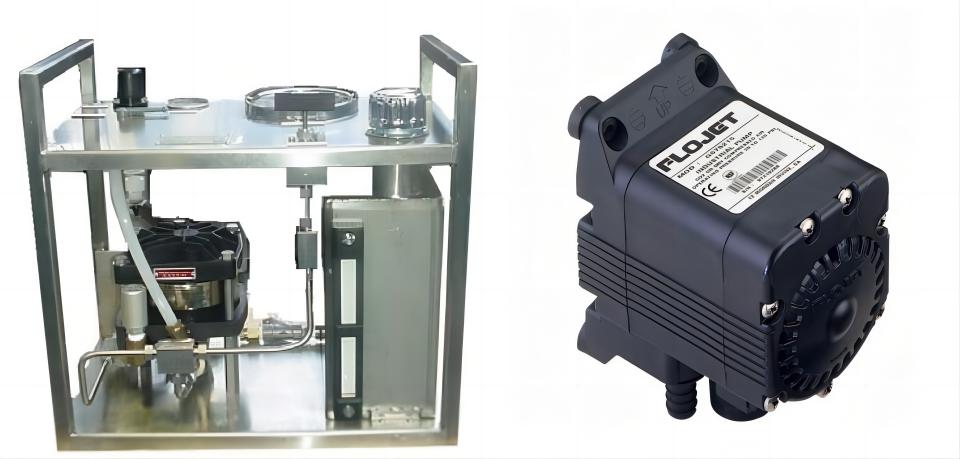
What are the Considerations for Control Systems and Safety Features of Chemical Injection Pumps?
1. Control Systems
Modern chemical injection equipment is equipped with advanced control systems to enhance operational efficiency.
- Control Options: Depending on the application, pumps can be manual, automatic, or remotely controlled. Remote control systems are particularly useful in offshore platforms or remote locations, enabling unmanned operations.
- Compatibility: The control system should integrate seamlessly with existing production management systems to facilitate data sharing and centralized monitoring.
- Real-Time Monitoring: Advanced pumps feature real-time monitoring capabilities, displaying parameters such as flow rate, pressure, and temperature. They also provide alarm functions to detect and address issues promptly, preventing production disruptions.
2. Explosion-Proof Performance
In oil and gas environments, explosion-proof performance is a non-negotiable requirement for chemical injection pumps.
- Explosion-Proof Standards: Pumps must comply with international explosion-proof standards, such as ATEX and IECEx. Common explosion-proof designs include flameproof, increased safety, and intrinsically safe types.
- Sealing Performance: Effective sealing prevents chemical leaks, which can lead to safety hazards and environmental contamination. Some pumps are equipped with leak detection systems for added safety.
- Safety Certifications: Ensure that the pump has relevant safety certifications, such as CE or UL, to guarantee its reliability and compliance with industry standards.
Additional Considerations for Chemical Injection Pumps
Beyond the core parameters, several other factors should be considered when selecting chemical injection pumps.
- Environmental Adaptability: Pumps must operate reliably under extreme conditions, such as high temperatures, low temperatures, humidity, or high altitudes. Choosing pumps designed for specific environmental conditions ensures consistent performance.
- Energy Efficiency: Energy-efficient pumps reduce operational costs and environmental impact. Evaluate the pump’s energy consumption and efficiency ratings during selection.
- Supplier Reputation and Support: Partnering with reputable suppliers ensures high-quality products and reliable after-sales support. Some suppliers offer customized solutions tailored to specific operational needs.
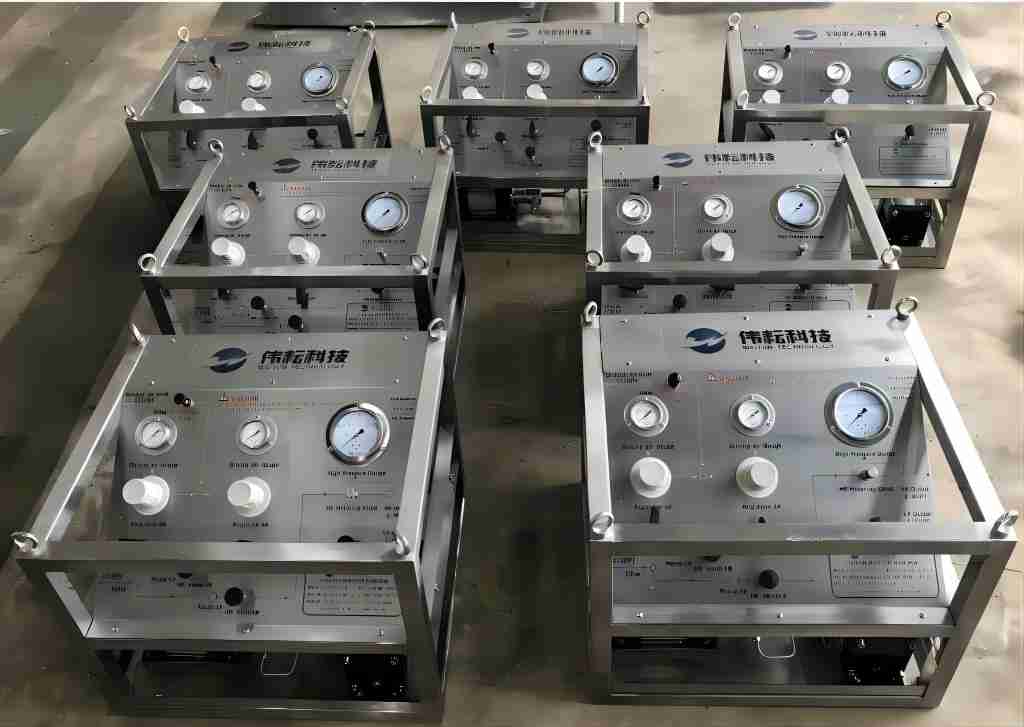
Summary
Selecting the right chemical injection pumps for oil and gas applications requires a thorough understanding of key parameters and performance factors. By evaluating flow rate, pressure, material compatibility, accuracy, control systems, and explosion-proof capabilities, you can choose high-pressure chemical injection pumps that meet your operational requirements. Whether optimizing production efficiency, ensuring safety, or reducing costs, the right chemical injection equipment is essential for successful oil and gas operations. This article aims to provide valuable insights to help you make informed decisions when selecting chemical injection pumps for your needs.

